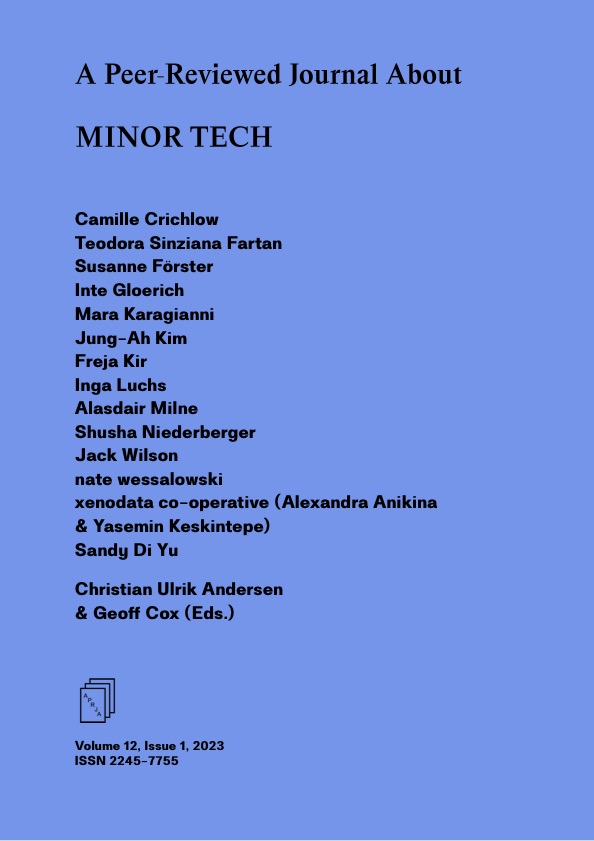Time Enclosures and the Scales of Optimisation
From Imperial Temporality to the Digital Milieu
DOI:
https://doi.org/10.7146/aprja.v12i1.140447Keywords:
imperial temporality, digital object, optimisation, progress, enclosuresAbstract
This paper looks at the cluster of phenomena that aggregates into what has been called a crisis of time, where experiences of time have become at once stretched to perpetuity and compressed to negligibility. The former results from the perceived endurance of digital media that feign everlasting memory and recall, whilst the latter is due to the speeds at which information is processed, making wait times feel intolerable. In either case, digital technologies have seemingly rendered time into something unrecognisable on a human scale.
Whilst there are several competing theories on elements that contribute to this, such literature has largely been confined to the discourse on speed, acceleration, and standardisation. What has been so far overlooked is the logic of optimisation, a mode of operation that is endemic to digitality. Optimisation, which captures aspects of digitality that exceed the scope of efficiency, is particularly insidious within the digital milieu due to the abstraction necessitated by digital processes. I analyse optimisation as it surfaces in capitalist history in the form of land privatisation and imperialism, tracing it through to the digital milieu, producing what I term “time enclosures”. This term parallels the land enclosures that were the historical preconditions of capitalism in order to articulate a specific element of privatisation and commercial value in the crisis of time. Finally, I relate optimisation to the entwined values and histories of imperialism that are premised on linearity and progress to explore the thread that corrupts our sense of time through digital technology’s effects on retention and protention.
Downloads
Published
Issue
Section
License
Copyright (c) 2023 Sandy Di Yu

This work is licensed under a Creative Commons Attribution-NonCommercial-ShareAlike 4.0 International License.
Copyrights are held by the individual authors of articles.
Unless stated otherwise, all articles are published under the CC license: ‘Attribution-NonCommercial-ShareAlike’.
The journal is free of charge for readers.
APRJA does not charge authors for Article Processing Costs (APC)


